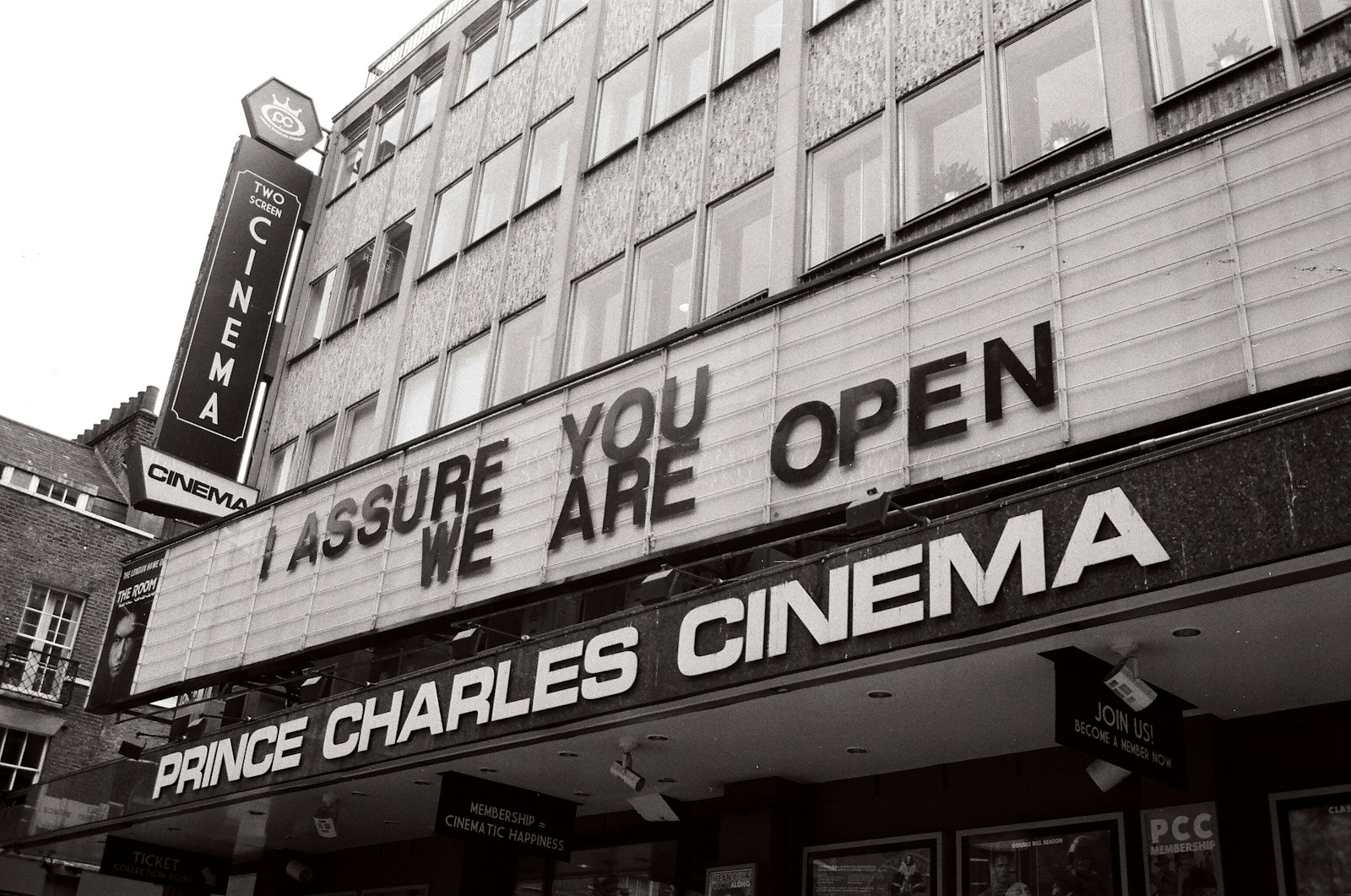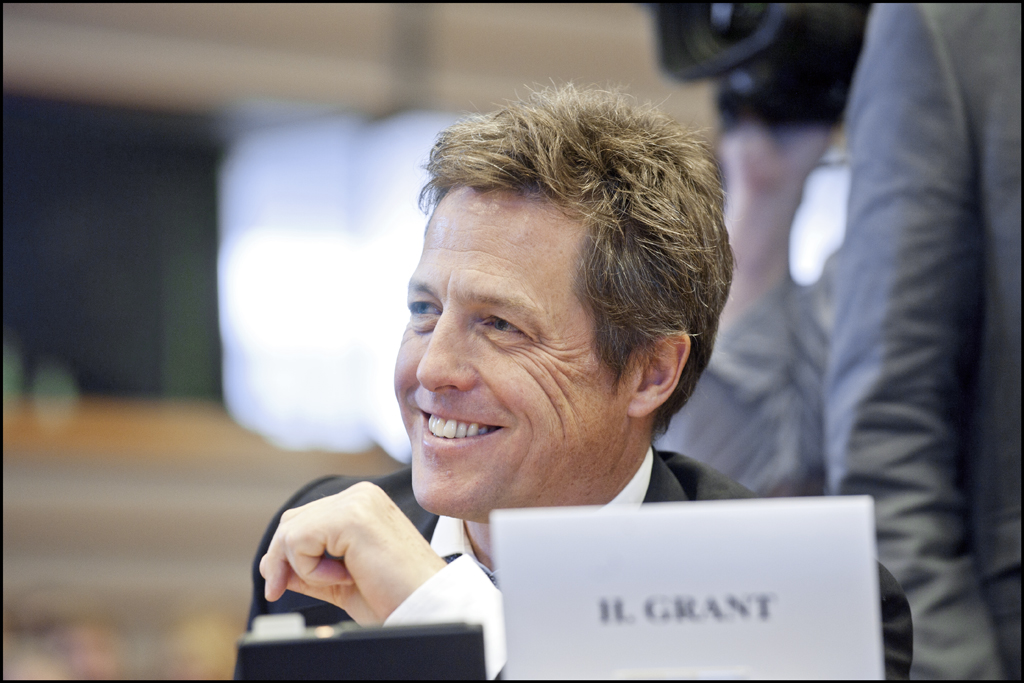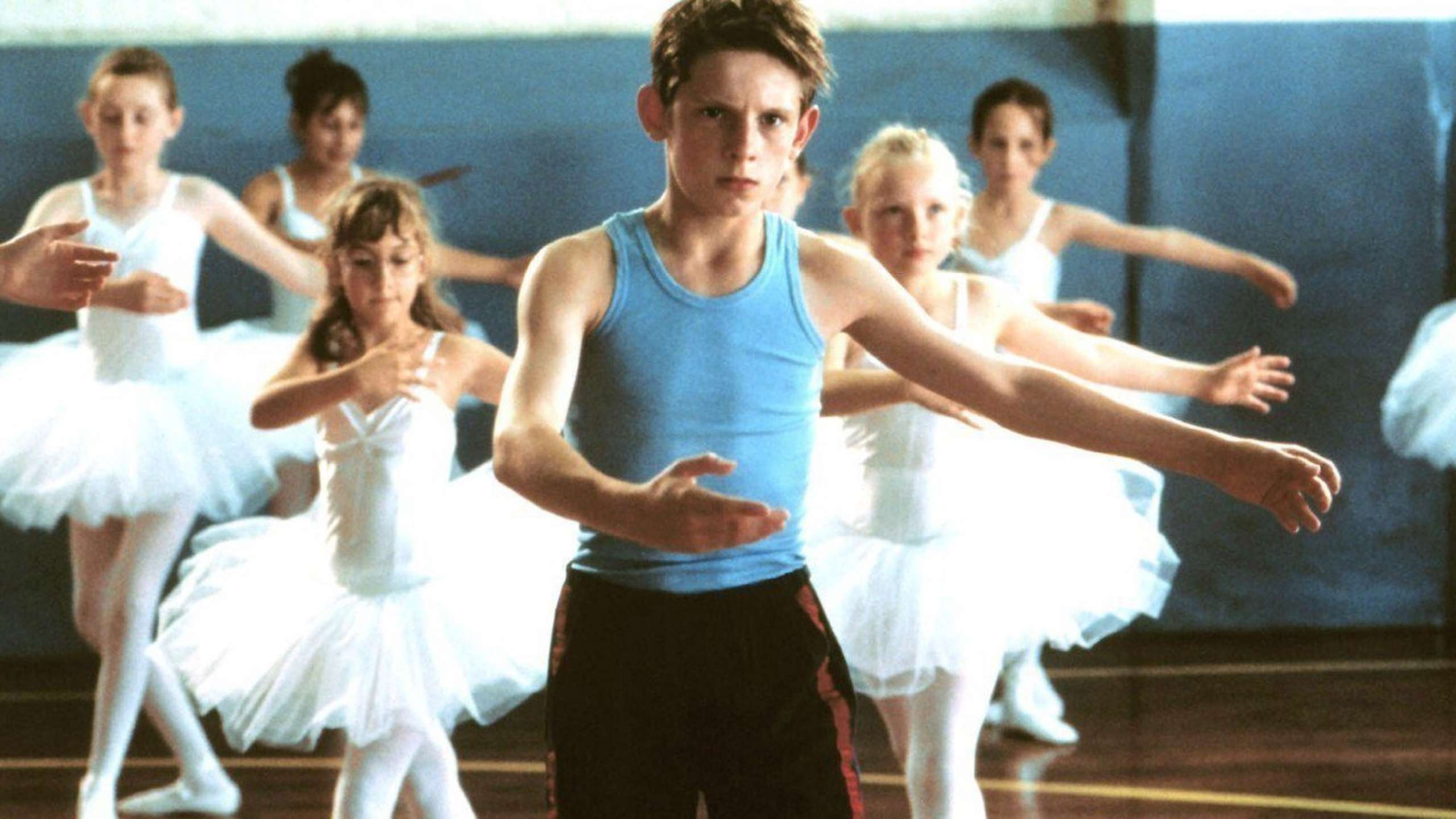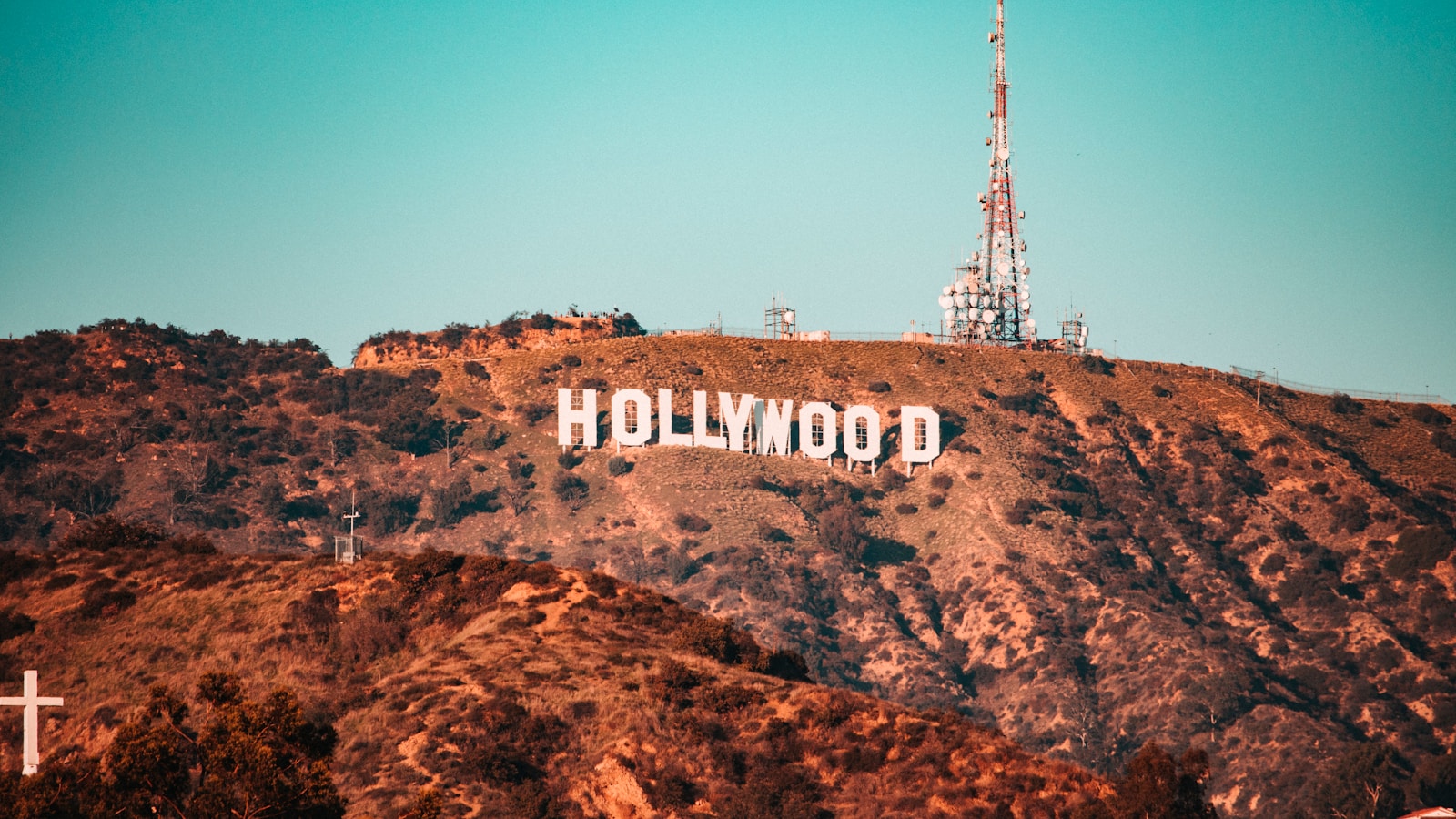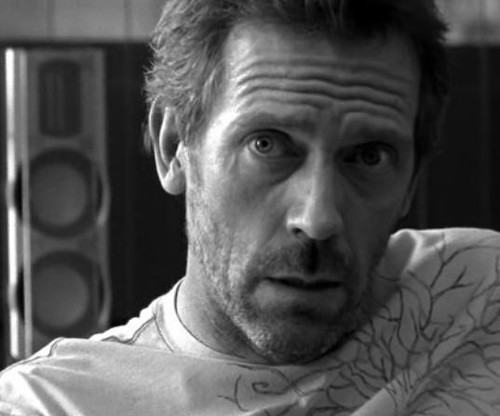
Introduction
The 1990s marked a transformative period in British cinema, offering a platform where working-class stories began to take center stage. With a blend of gritty realism, humor, and heart, filmmakers explored the complexities of working-class life in a way that resonated with audiences both in the UK and beyond. This decade gave birth to a wave of films that not only entertained but also sparked conversations about class, identity, and social issues. Let’s delve into how these films captured the essence of working-class Britain and why they remain significant today.
The Rise of Independent Cinema
Before the 90s, British cinema was often seen as a domain of the elite. However, the emergence of independent filmmakers started to shift this narrative. Many directors and writers from working-class backgrounds began to tell their own stories, reflecting their lived experiences instead of relying on the traditional narratives that dominated the mainstream.
One of the most significant contributors to this movement was the British Independent Film Awards, established in 1999. This body not only celebrated emerging talent but also highlighted stories that depicted the realities of working-class life. Directors like Ken Loach and Mike Leigh became household names, revered for their commitment to authenticity and social commentary.
Key Films and Themes
Several films from the 90s stand out in their portrayal of working-class Britain. Each of these films offers its own unique perspective, but together they form a rich tapestry of the era’s cultural landscape.
Trainspotting (1996)
Perhaps one of the most iconic films of the decade, Trainspotting, directed by Danny Boyle, is a raw exploration of addiction and disillusionment in Edinburgh. Based on Irvine Welsh’s novel, the film delves into the lives of a group of heroin addicts navigating their bleak existence. The film’s famous opening sequence and unforgettable soundtrack perfectly encapsulate the chaotic energy of youth in a struggling economic climate.
What makes Trainspotting particularly significant is its unflinching honesty. It does not glorify drug use but rather presents a stark, often harrowing look at the consequences of addiction. The characters’ struggles reflect broader societal issues, including unemployment and the erosion of hope, resonating with many who felt left behind in the changing landscape of Britain.
The Full Monty (1997)
In stark contrast to the dark themes of Trainspotting, The Full Monty offers a comedic yet poignant look at the lives of unemployed steelworkers in Sheffield. Directed by Peter Cattaneo, the film follows a group of men who, faced with economic hardship, decide to form a male striptease act. What emerges is a heartwarming tale about friendship, dignity, and the struggle to find one’s identity in the face of adversity.
The film’s humor does not overshadow its serious undertones. It touches on themes of masculinity, self-worth, and the impact of deindustrialization on working-class communities. The film became a cultural phenomenon, showcasing the resilience and camaraderie of working-class men who refuse to be defined by their circumstances.
Brassed Off (1996)
Another gem from the 90s, Brassed Off, directed by Mark Herman, highlights the significance of community and culture in working-class life. Set in a coal mining town, the film follows a brass band as they prepare for a competition amidst the backdrop of impending mine closures. It artfully blends humor with tragedy, showing how music and community can provide solace in tough times.
The film raises questions about identity and belonging, emphasizing how integral these elements are to working-class culture. It highlights the power of art and community in resisting social and economic pressures, allowing viewers to reflect on their own experiences and struggles.
The Impact of Social Changes
The 1990s were a period of significant social change in Britain. The decline of traditional industries and the rise of a service-oriented economy left many working-class communities in turmoil. This backdrop created fertile ground for filmmakers, who could tap into the collective anxiety and disenfranchisement felt by many.
As the government introduced policies aimed at economic restructuring, the impact on working-class individuals became increasingly pronounced. The rise of unemployment, the erosion of trade unions, and the shift in the labor market were all themes that filmmakers explored. Cinema became a mirror reflecting the struggles and aspirations of those grappling with these changes.
Voices of a Generation
The films of the 90s not only showcased the struggles of working-class life but also provided a voice to those who often felt unheard. By elevating stories that were relatable and grounded in reality, filmmakers fostered a sense of connection among diverse audiences. Viewers found themselves represented on screen, leading to a greater appreciation for the complexities of working-class existence.
These films encouraged discussions that transcended social boundaries. People from various backgrounds began to reflect on their own experiences in relation to the characters they saw on screen. This communal dialogue helped to bridge gaps between different classes and cultures, emphasizing the universality of human experience.
A Lasting Legacy
The impact of 90s British cinema on working-class representation continues to resonate today. The themes explored in these films have paved the way for a new generation of filmmakers who are keen to tell authentic stories. The likes of Andrea Arnold, Ken Loach, and others have carried the torch, creating films that continue to challenge societal norms and highlight the experiences of marginalized communities.
Furthermore, the spirit of the 90s has influenced other forms of media, including television and literature. Shows like This Is England and Shameless draw inspiration from the themes and narratives established in 90s cinema, showcasing the ongoing relevance of these stories in contemporary society.
Conclusion
The 90s were a pivotal decade for British cinema, serving as a platform for working-class voices to resonate and thrive. Through a variety of genres, filmmakers shed light on the realities of everyday life, offering both humor and poignancy. This cinematic movement not only entertained but fostered a sense of community and understanding among viewers. As we look back on this era, it’s evident that the stories and themes explored in 90s British cinema remain crucial to understanding the complexities of working-class life, making them just as relevant today as they were then.

